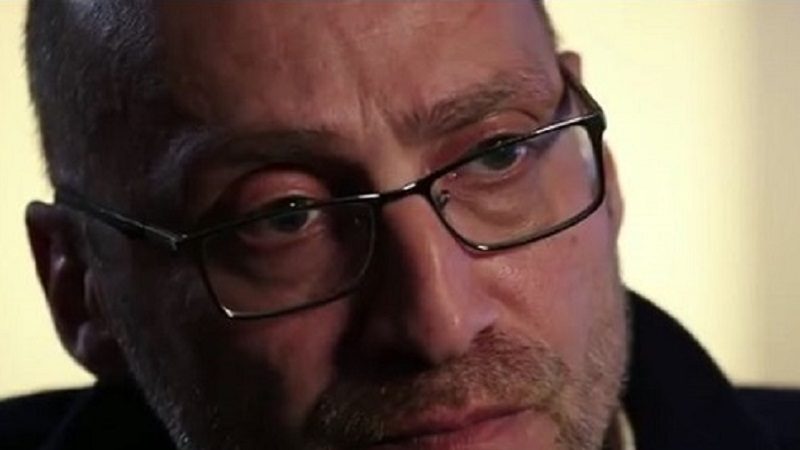In an open letter to the EU Council, 77 independent media, anti-corruption and press freedom organisations say the EU proposal on whistle blower protection is “not good enough,” saying a better proposal is needed to guarantee high level protection.
On 25 January, the European Council adopted their position on the proposed directive which includes measures that they state will “guarantee a high level protection to whistle blowers across a wide range of sectors”.
While many of the proposed rules will in fact benefit whistle blowers, there is one particular clause that is of concern.
Whistle blowers wanting to report suspicious activity or corruption within a public or private entity will first be required to use internal channels within the organisation, before calling on external ones and then going for full public disclosure.
Malta’s national laws on whistle blowers currently rank as the second best in the EU on paper, but in practice it is a different story. Jonathan Ferris the former FIAU official who claimed to have evidence of significant corruption at the highest government level was denied whistle blower protection on the grounds that he should first reveal what he knows to those he is accusing of corruption.
The ‘three step system’ proposed by the EU does allow for some exceptions which means the whistle blower can go directly to external or public disclosure in the case of a “manifest of imminent danger for the public interest”.
Despite these exceptions, this puts whistle blowers in the difficult position of having to potentially report suspicions or wrongdoing to the very people that could be facilitating it.
The organisations behind the open letter, that include the European Federation of Journalists (EFJ), Reporters Without Borders, Article 19, Transparency International and the Whistleblowing International Network state that by making it obligatory to report matters to an employer first, only with the rarest of exceptions, the directive also creates a situation where information control systems will restrict good management and make certain disclosures to the authorities illegal.
“If this mandatory internal disclosure regime stands, the directive will have abandoned responsible Europeans who raise concerns appropriately to their employers through their supervisors or normal management channels of communication, who disclose information to competent authorities who have the power and mandate to address wrongdoing, or who provide information to the journalists who investigate and report in the public interest. They will suffer. Europe will suffer.”
The letter adds that it is vital to protect disclosures made outside of the employment relationship and that this is an integral part of whistle blower protection and that doing so allows law enforcement to do their job properly.
Protection of this kind is also a protection of freedom of expression – it would encourage responsible employers to make sure that their internal reporting processes are safe for those making the report.
It is noted that the EU has both a moral and a legal responsibility to adopt a directive that protects the voluntary choice of reporting channels for those that disclose wrongdoing.












